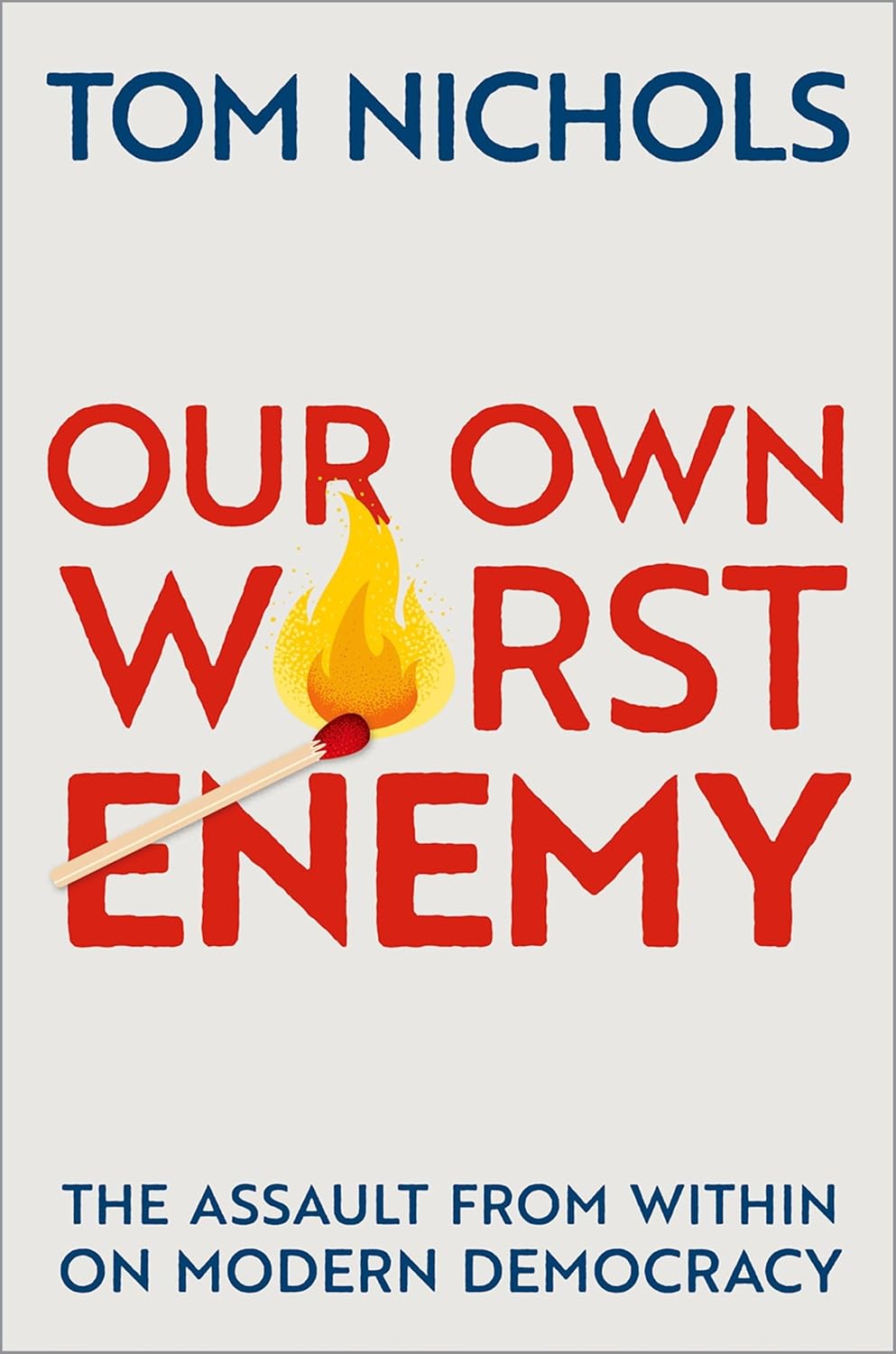The tale of the lotus-eating elites destroying the honest and authentic life of the hardworking commoners is a hell of a story, and it is rooted in the reality of actual human suffering. But as a criticism of liberal democracy, it is not new and it is not true.
Central to these criticisms is a nostalgia for an idealized past that always makes the present seem terrible. Some of this is manipulation by political charlatans. But sincere concerns come from some political and economic elites, especially those who are products of a class transition and advancement through education and relocation. They are concerned about the anger of the “forgotten places” where they grew up.
In a 2020 interview, for example, the political scientist and Russia expert Fiona Hill, the daughter of a British coal miner, noted that democracies like the United States and the United Kingdom made the same mistake as the old Soviet Union. They relied too much on heavy industry early in their history and then failed to replace those jobs with anything else later. “Liberal democracy,” she said, “hasn’t been delivering”:
If I go back to my home town, it’s still no better than it was when I was growing up in terms of opportunity. The shops are boarded up in the main street. Nothing new is coming in. There’s just no kind of sense of optimism. And when I visit my relatives here in the US in Wisconsin and other places, there’s a lot of sense of: the rest of the world is kind of moving on and leaving us behind.
The American scholar and entrepreneur Ian Bremmer grew up in poverty in a housing project in Chelsea, Massachusetts. In a classic American success story, he headed to college far from home and later earned a Ph.D. at Stanford. Today he is a political scientist who leads Eurasia Group, an influential risk-analysis firm.
Bremmer, like Hill, is concerned. “Back in Chelsea,” he wrote in 2018, “in my old neighborhood, people are angry. They no longer believe that hard work and education are enough. They don’t see a path, and they feel they’ve been lied to. My brother voted for Donald Trump, and if my mother were alive, I bet she would have too.” Bremmer feels that uncritical faith in “globalism” as an ideology has made political and economic elites insensitive to the complaints of ordinary citizens.
I grew up in Chicopee, a Massachusetts factory town much like Chelsea, but a few hours to the west in the Connecticut River Valley. I also lived through a city’s decline. But when Bremmer notes that the people back in Chelsea feel “lied to,” I think of my own youth just 10 years earlier and 90 miles to the west in a similar city and I wonder: “Lied to” by whom? And about what, exactly? Education and hard work—and more than a little luck—formed the path to a professional career for working-class kids like me and Bremmer and Hill.
They still do. When was this fortunate time when people back in our respective hometowns felt that the system was fair, or that times were good, or that the “elites”—back in the ’60s and ’70s, old Protestant white males who were practically selected before birth to attend fine universities—were somehow invested in the success of the lower classes?
